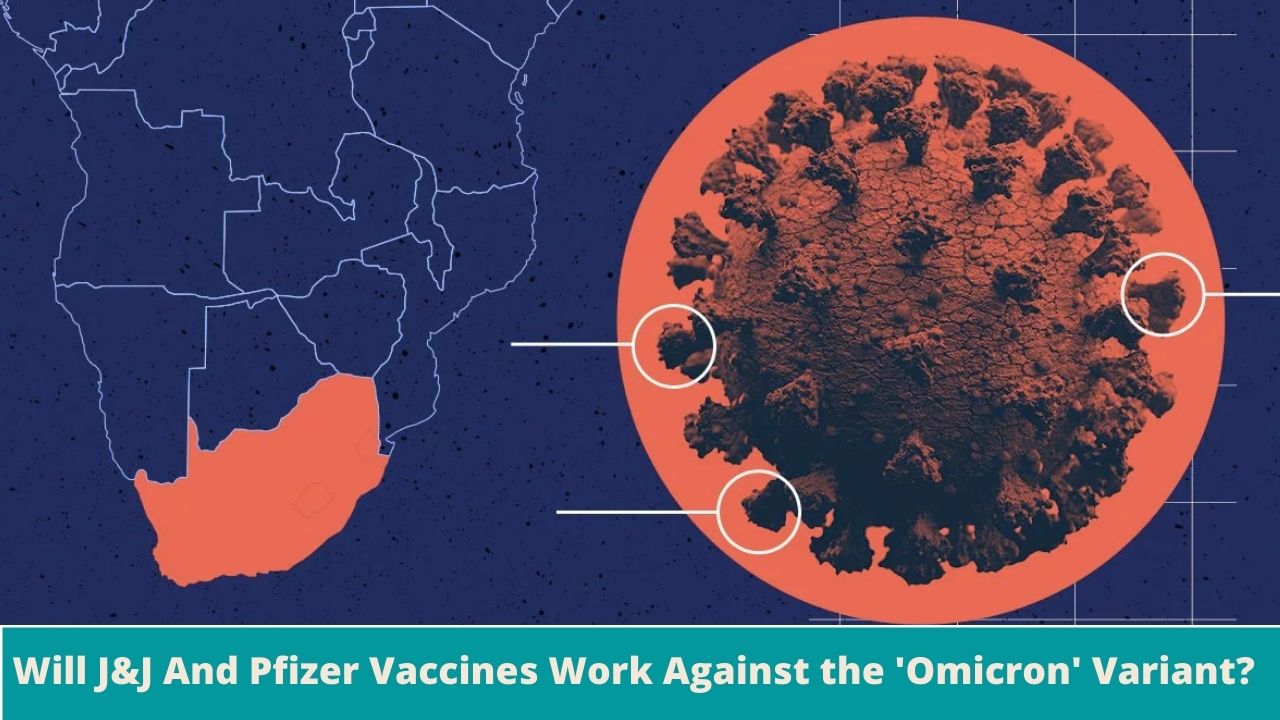After the coronavirus (COVID-19) pandemic of the past two years, world economies began to open their borders. Newer mutations, on the other hand, pose an even greater threat to the world. Since delta, scientists have found the new Covid variant to be the most dangerous to date.
Variant B.1.1.529, first discovered in southern Africa, has been labeled by the World Health Organization as a ‘variant of concern’ (WHO). The WHO has renamed it Omicron.
Researchers have speculated about a possible increased risk of reinfection based on the early evidence, but the investigation into the Omicron variant’s immune-escape potential is already in progress. The WHO also stated that it will take several weeks to comprehend it.
One of many unanswered questions is whether or not the currently available vaccines are effective against the Omicron variant. As of right now, there’s no way of knowing for sure.
The fact that mRNA vaccines like Pfizer-BioNTech and Moderna are likely adaptable to most variants is a positive development.
There will be a major stumbling block in the coming days, however, in countries where vaccination rates are low.
Related:
- Is Pfizer Vaccine is Non-Effective Against ‘Omicron’ Variant? New Vaccine Going To Available in 100 Days
- 30 Times More Deadlier ‘Omicron’ New Coronavirus Variant Has the World Freaking Out
Pfizer and BioNTech
According to BioNTech, data from tests should be available in the next two weeks at the latest. “Pfizer and BioNTech have taken actions months ago to be able to adapt the mRNA vaccine within six weeks and ship initial batches within 100 days in the event of an escape variant,” the company stated in a statement.
Johnson & Johnson
We’re keeping an eye on it, and we’ve already started testing our vaccine against it, Johnson & Johnson said on Friday (November 27).
First detected in southern Africa, the SARS-CoV-2 spike protein variant COVID-19 is being closely monitored by Johnson & Johnson, which is already testing the vaccine’s efficacy against the new and rapidly spreading variant.
What do the experts say?
A virologist at Imperial College London, Wendy Barclay, was quoted by The Guardian as saying, ” “It is possible to compensate for a lack of an antibody match by increasing the quantity of antibodies. That is the only vaccine currently available to us. We need to do everything we can to make it work.”
the Institut Pasteur’s Vincent Enouf: “It’s highly unusual, and its genetics suggest that it should raise some red flags. We need to keep our cool, keep an eye on it, and not completely freak out the general public. — Reuters”
Also, “We need to check whether the antibodies produced by our current vaccines are still effective, and at what level they work, and if they can still prevent serious cases.” He concluded: An approach that includes both laboratory experiments and data from affected countries is necessary.
Etienne Decroly, a virologist, tweeted, “It is urgent to adapt RNA vaccines and vaccine boosts to the circulating variants.”
According to WHO’s Maria Van Kerkhove: “The more this virus circulates, the more opportunities this virus has to change, and the more mutations we will see.”
For more information follow our website The East County Gazette.

